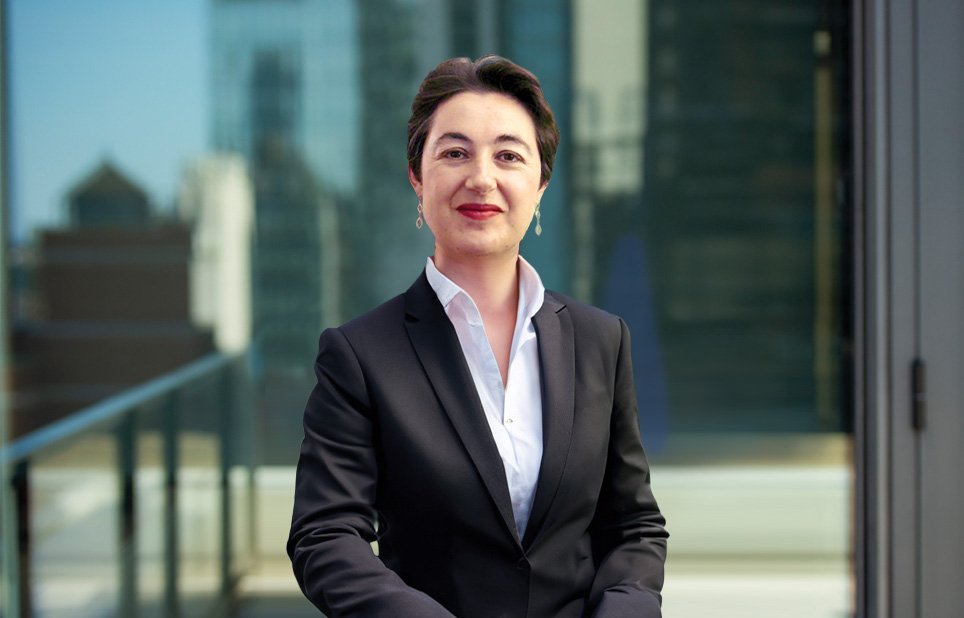
Robert Langer, Ph.D.
Chairman of the Scientific and Clinical Advisory Board
Robert Langer is the chair of Ovid’s Scientific and Clinical Advisory Board. Dr. Langer is one of 10 Institute Professors at MIT and has written over 1,500 scholarly articles. He is also the most cited engineer in history (h-index 286, with over 338,000 citations according to Google Scholar). He has served as the chair of the U.S. Food and Drug Administration’s Science Board, and has been recognized with over 220 awards, including the United States National Medals of both Science and Technology and Innovation. Dr. Langer was named as one of the 20 most important people in biotechnology by Discover magazine and one of 15 innovators who will reinvent our future by Forbes. TIME and CNN named him as one of the most important people in America and one of the 18 top people in science or medicine in America. He was also recognized as one of the world’s 25 most important individuals in biotechnology by Forbes and by BioWorld. Dr. Langer holds 35 honorary doctorate degrees and has been elected to the National Academies of Medicine, Engineering, Sciences and Inventors.

Jacqueline A. French, M.D.
Member
Jacqueline A. French, M.D., is a professor in the Department of Neurology, director of Translational Research and Clinical Trials in Epilepsy and a neurologist at the Comprehensive Epilepsy Center at the New York University (NYU) Langone Medical Center. She is also a founder and director of the Clinical Trials Consortium, an academic group that has performed a number of early-phase clinical trials in epilepsy. She currently serves as chief scientific officer of the Epilepsy Foundation. Previously, Dr. French chaired an American Academy of Neurology (AAN)/American Epilepsy Society (AES) committee that developed two guidelines on the use of new antiepileptic drugs. She also helped to create guidelines for the International League Against Epilepsy. Dr. French was also president and served on the board of the AES and was the secretary of the American Society of Experimental Neurotherapeutics. She has authored more than 200 articles and chapters, is the editor of three books, and lectures internationally on clinical trials and the use of antiepileptic drugs. She was the 2005 recipient of the AES Service Award, the 2017 Lennox Award and the 2013 Epilepsy Foundation Hero award. Dr. French received a medical degree from Brown University. She completed her residency in neurology at Mount Sinai Hospital in New York and completed fellowships in epilepsy at Mount Sinai Hospital and Yale University

Imad Najm, M.D.
Scientific Advisor

Raman Sankar, M.D, Ph.D.
Scientific Advisor
Raman Sankar, M.D., Ph.D., is the Emeritus Chief of Pediatric Neurology at UCLA Health. He is an elected Fellow of the American Academy of Neurology and the American Epilepsy Society, and a member of the American Pediatric Society, the Child Neurology Society and the Society for Neuroscience. He has served on several editorial boards of journals dedicated to epilepsy research and has also served on several NINDS-NIH review committees. He is a recipient of the Founders Award of the American Epilepsy Society, the highest honor conferred by the Society in recognition of outstanding lifetime achievement in the field of epilepsy. Board certified in neurology with special qualification in child neurology, he has dedicated over three decades to advancing research and clinical practices in epilepsy and child neurology. Dr. Sankar holds an M.D. from Tulane University and a Ph.D. in Medicinal Chemistry from the University of Washington.

Jamie Maguire, Ph.D.
Scientific Advisor
Jamie Maguire, Ph.D., is Professor of Neuroscience at Tufts University School of Medicine and was named the Kenneth and JoAnn G. Wellner Professor in Neuroscience in 2019. Dr. Maguire is a member of the Graduate Biomedical Sciences Pharmacology and Neuroscience programs. She is the Director of the Building Diversity in Biomedical Sciences (BDBS) program and has a strong commitment to increasing diversity, equity, and inclusion in STEM and beyond. Her current research focuses on a systems physiology approach to the study of neurological and neuropsychiatric diseases, focusing on epilepsy and mood disorders, and has led to successful clinical trials for postpartum depression treatments. She received a BS in neuroscience and BA in the history of art and architecture from the University of Pittsburgh and her Ph.D. in neuroscience from George Washington University. Dr. Maguire trained as a postdoctoral fellow at UCLA investigating the ability of steroid hormones and neurosteroids to modulate GABAergic inhibition and the impact on mood disorders and epilepsy.

Jeffrey Noebels, M.D., Ph.D.
Scientific Advisor
Jeffrey Noebels, M.D., Ph.D., is the Cullen Trust for Health Care Endowed Chair in Neurogenetics, and Professor of Neurology, Neuroscience, and Molecular and Human Genetics at Baylor College of Medicine, where he directs the Blue Bird Circle Developmental Neurogenetics Laboratory. Dr Noebels is a past president of the American Epilepsy Society and fellow of the American Association for the Advancement of Science. Dr. Noebels’ research involves understanding how single genes regulate neuronal excitability and network synchronization within the central nervous system. His lab's recent work on mouse models of Alzheimer’s Disease and glioblastoma-related epilepsy has provided pioneering insights into the role of hyperexcitability in cognitive decline and tumorigenesis. He received a BA from Reed College, an M.D. from Yale University School of Medicine, and his Ph.D. from Stanford University. Dr. Noebels conducted his neurology residency at Massachusetts General Hospital, and a post-doctoral fellowship at Harvard University. Board certified in neurology by the American Board of Psychiatry and Neurology, his research interests include gene control of neuronal excitability within the developing central nervous system, inherited neurological diseases, and epilepsy.

Isam Awad, M.D.
Scientific Advisor
Imad Najm, M.D., is the Vice Chair for Strategy and Development at the Cleveland Clinic Neurological Institute and Director of the Cleveland Clinic Epilepsy Center (2006-present). He is an Adjunct Professor at the Department of Biomedical Engineering at Case Western Reserve University and the Department of Neurobiology at Kent State University. Dr. Najm also served as the Co-Director of Basic Sciences and Neurosciences at Cleveland Clinic Lerner College of Medicine at Case Western Reserve University, Head of Adult Epilepsy and Director of the Epilepsy and Clinical Neurophysiology fellowship at Cleveland Clinic. His research over the last 34 years has been funded by the National Institutes of Health (NIH), the U.S. Department of Defense, the Epilepsy Foundation, and multiple philanthropic donations. He published 275 peer-reviewed papers in multiple journals, authored or co-authored many book chapters and edited two textbooks. He lectured on epilepsy in more than 30 countries and organized international symposia, courses and workshops in more than 15 countries. His main areas of research interests include the mechanisms of disease (epileptogenicity/epileptogenesis), clinical and imaging correlates, and surgical management of focal cortical dysplasia. He has been teaching Basic Neurosciences at Cleveland Clinic Lerner College of Medicine since 2005. He mentored and co-mentored more than 300 epilepsy fellows and graduate students. Dr. Najm designed and co-directed the Neuroscience Curriculum at Cleveland Clinic Lerner College of Medicine at Case Western Reserve University. Dr. Najm received his M.D. From Saint Joseph University in Beirut, Lebanon. He had post-graduate training in neurobiology at the University of Southern California and the University of California, Irvine. He also did post-graduate training in neurology, epilepsy, and clinical neurophysiology at Cleveland Clinic.